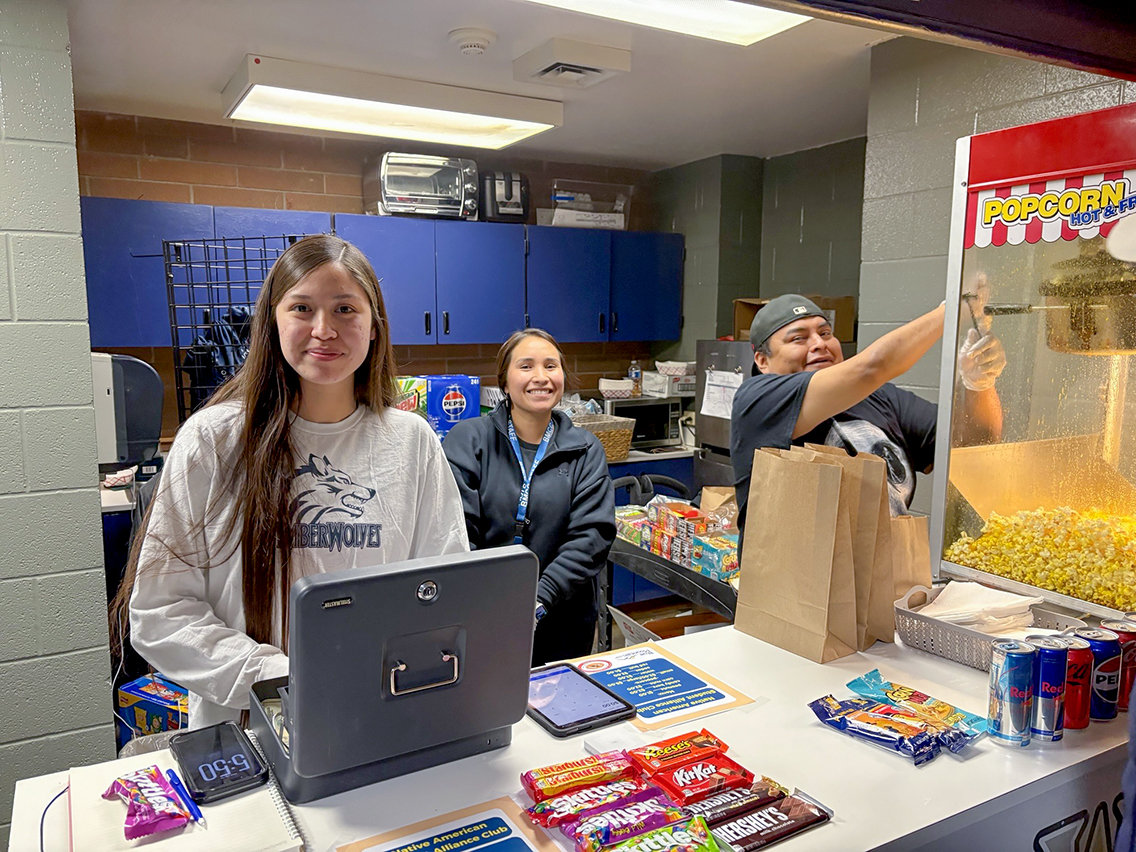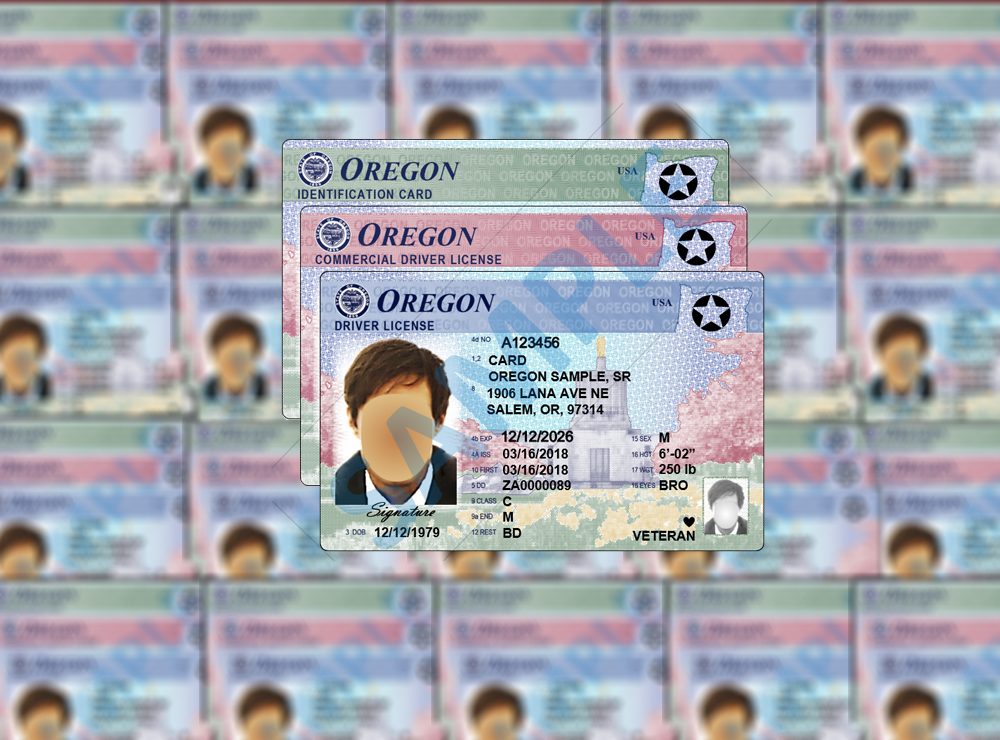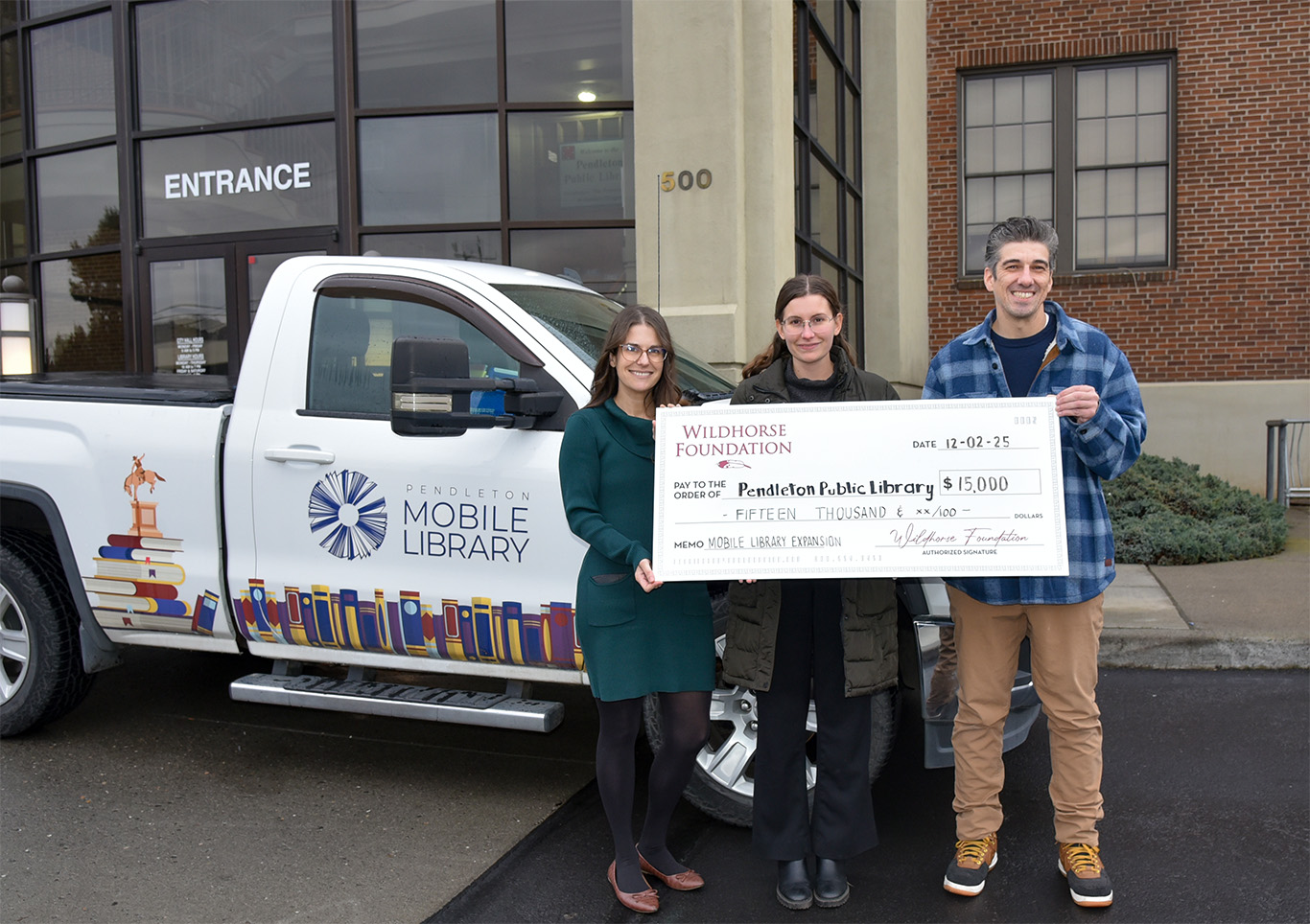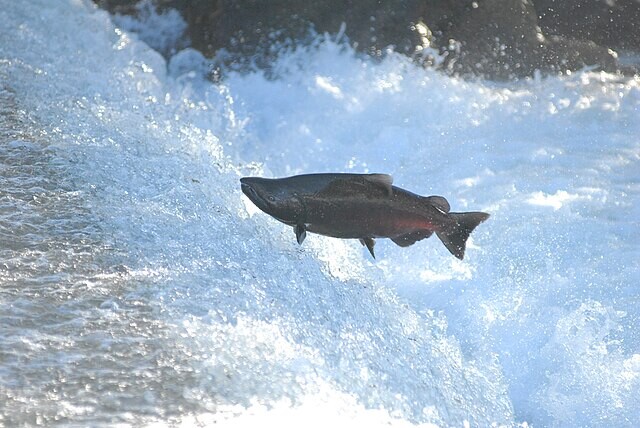Mission, OR. – The Confederated Tribes of the Umatilla Indian Reservation Language Program has been awarded a grant of $125,000 from a National Endowment for the Humanities program funded by the CARES Act. Their grant project is to create video-recorded oral histories from Tribal elders about pandemics and natural disasters previously experienced on the reservation and ceded lands.
The funding is intended to support ongoing or new work between June and December, 2020, at any cultural institution in the country that has been negatively impacted by the economic fallout of the novel coronavirus. NEH Chairman Jon Parrish Peede says, “NEH is pleased to provide $40 million to preserve thousands of jobs at museums, archives, historic sites, and colleges and universities that are vital to our nation’s cultural life and economy.” The grant was highly competitive, with roughly 14% of submitted proposals receiving funds. The CTUIR was one of seven grantees in the state of Oregon.
The Language Program will use the funding to keep on some existing staff as well as to hire an Oral Historian (Merle Kirk) and Assistant Oral Historian (Cheyenne Bronson) who will complete the video interviews with the elders as part of the grant project. The Oral Historians will research topics that pertain to the theme of past pandemics and natural disasters and ask Tribal elders to share their own memories of such events, or to share what they have heard from their own elders. The Language Program sees all oral histories from the elders as worthy of preserving for future generations. However, histories on these particular topics will be especially valuable, not only during our present struggles as we navigate the changes COVID-19 brings and continue to recover from the flooding of the Umatilla River this February, but in the future when such events are predicted to become increasingly common. We can look to the past to guide our future responses.
Due to concern for the health and well-being of our elders during the current pandemic, the interviews will be conducted over Zoom, or as conditions permit. As part of the project, interviews will be conducted with two elders per month, for a total of twelve by the end of the funding period. Elders may give their interviews in English or a Tribal language, which would then be translated and subtitled by Language Program staff. Digital Brilliance, LLC, a media company who worked previously with the Language Program to make a documentary about támayčt, or earth-ovens, in 2019, will record and edit the videos.
The Language Program was founded in 1996 with a vision to revitalize our languages within our community and create an environment in which each language will survive and flourish for as long as our people live. Katrina Miller, Language Program Manager and Project Director for this project, said, “Preserving cultures goes hand-in-hand with preserving language, and the Language Program sees this project as part of our documentation work.”
Other existing Language Program staff who will be contributing to the project include Fred Hill, Umatilla Master Speaker; Lisa Minthorn, Sahaptian Language Technology Specialist; and Gretchen Kern, Tribal Linguist. Videos will be released online as they are completed, and a compilation of all interviews is expected be available in early 2021.



